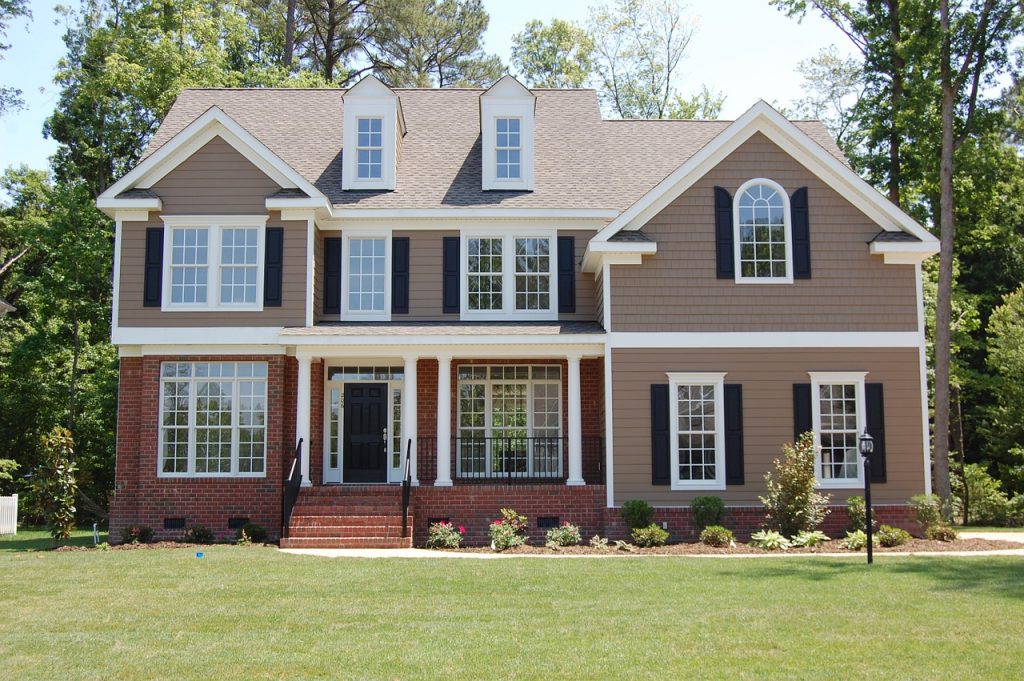If you’re considering buying your first home, you’ve probably been advised to weigh the benefits of buying v. renting and evaluate your financial health before you start looking. There’s something else you should consider as a first time home buyer and that’s how long you should stay in your first home.
The Five Year Rule
The traditional advice for first time home buyers is to be prepared to stay in your first home for at least five years. The thought behind this advice is that it will take at least that long for your home to appreciate enough to recoup the money you put out for closing costs, both buying and then selling the home. The length of time for this rule may be extended depending on how much money you paid for a down payment and how much you’re paying towards your mortgage principal. The longer you stick with a mortgage, the more money your monthly payment will be applied to the actual principal instead of interest, which decreases your debt and increases the amount of profit you could gain.
Market Trends
If there’s something to be learned from the housing crisis that began in late 2008, it’s that the signs are there and market players need to pay attention to them. This is where having an experienced Realtor on your team benefits you. A Realtor can analyze the current market and help determine if there is room for appreciation or if the market has reached its peak. Obviously buying in a market that has a good chance of appreciation over the next few years makes for a better opportunity for a first time home buyer to see a return on their investment if they choose to sell in the future. It also may allow the first time buyer to move on from their first home faster if the value appreciates quickly.

First Time or Forever
Over the last two decades the thinking has been that first time home buyers purchase a “starter” home and graduate to a larger home as their salary increases, their families grow, and the value of their starter home appreciates. In our parents’ and grandparents’ generations, their first home purchase was often their forever home for several reasons. The first reason is one income was usually enough to afford a reasonable home for a young family to grow into. They also weren’t swamped in debt from student loans and credit cards freeing up more money for a down payment. The second reason is they didn’t buy the maximum amount of house they could afford. There is also the idea that bigger is better but that’s not always the case. Larger homes require more time and money to maintain; if the space is unused this is simply wasted money. First time home buyers may want to consider buying a home that will meet but not exceed their needs for years to come or consider holding off on a purchase until they are better able to afford a home that meets their forever home requirements.
First Time to Investment
Another option a first time buyer may want to consider is not parting ways with their first home purchase and instead turning it into a rental property. There are separate things to consider when deciding to become a landlord but if this scenario works well for your situation you could help recoup closing costs faster or actually see a profit each month from obtaining a tenant.
As you can see, there’s no set time frame for how long you should stay in your first home and it’s possible you may never part with your first home. We recommend that you consider your current needs, your anticipated future needs, and market trends to help decide your plan before ever making an offer on your first home.